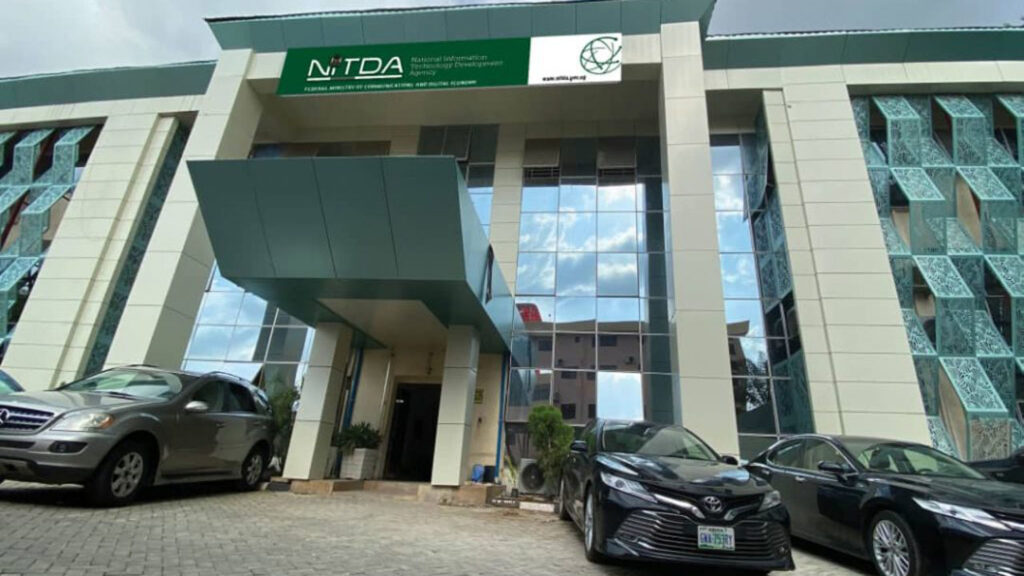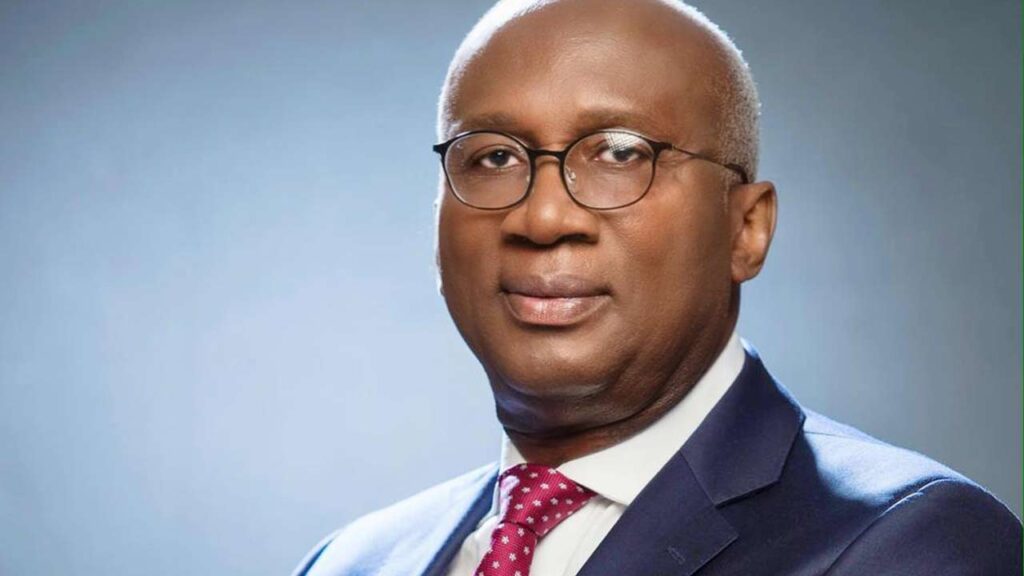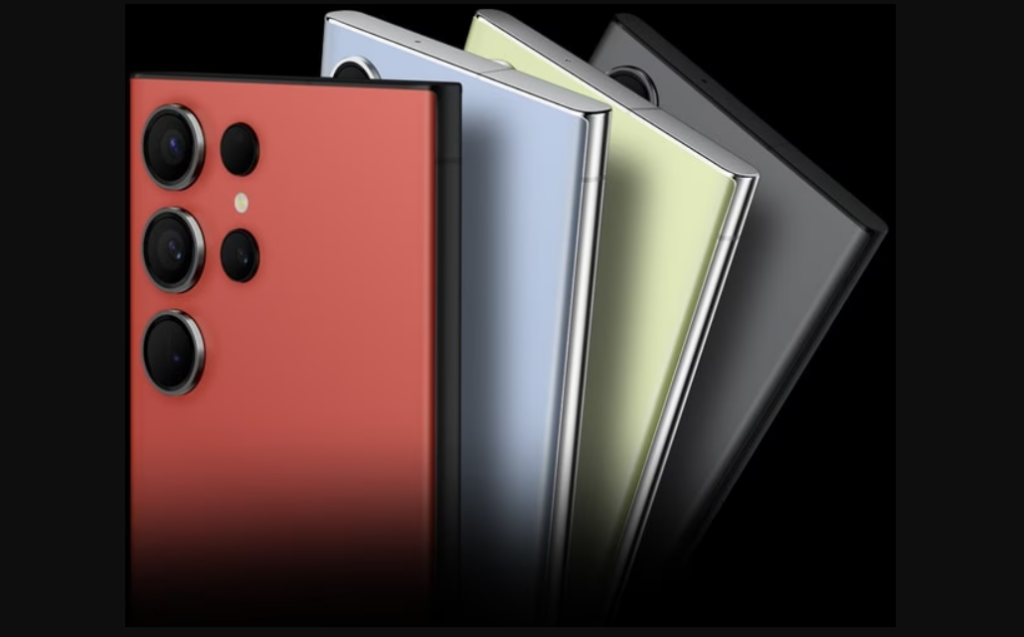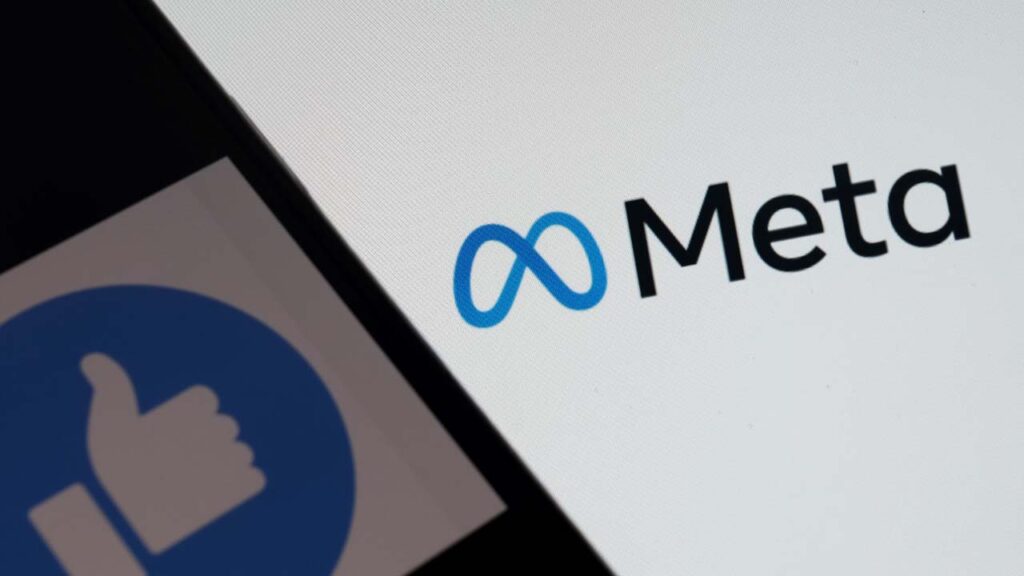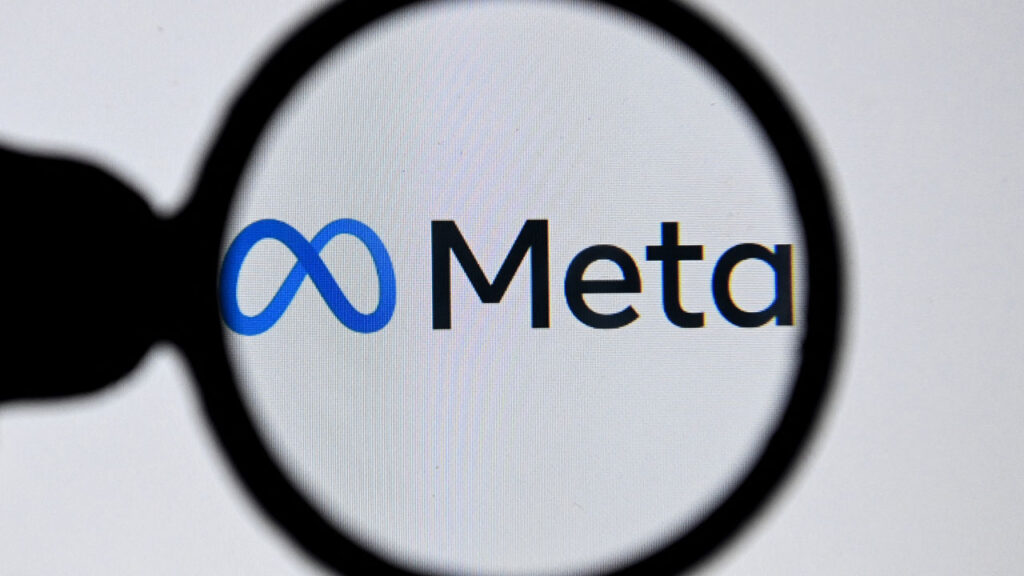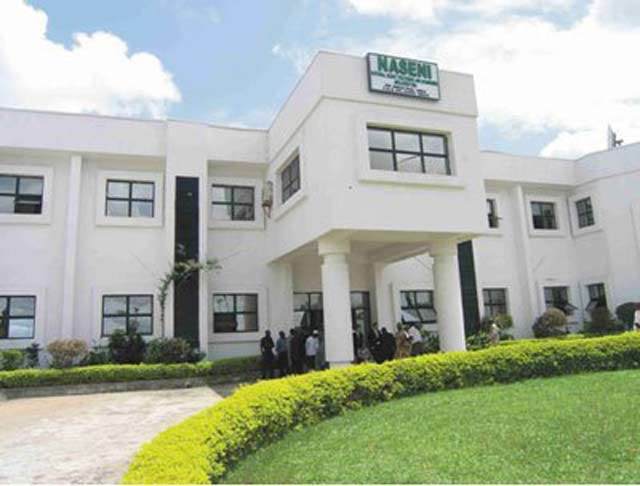 IN a world of increasing Internet activities and growing dependence on online platform for virtually everything from shopping to banking, bills payment and remittances, the need for a robust infrastructure cannot be overemphasized.
IN a world of increasing Internet activities and growing dependence on online platform for virtually everything from shopping to banking, bills payment and remittances, the need for a robust infrastructure cannot be overemphasized.
Globally today, attention is shifting gradually from the Internet to broadband because of its elasticity, which includes performance at the speed of light.
Before the advent of broadband, accessibility to the Internet was mainly through dial-up access which was limited to 56 kilobits per seconds (Kbits/s from here onwards) unlike broadband which has a traditional capacity of 256 Kbits/s. This led to the popularization of broadband beginning in the early 1990’s.
The broadband uses various mediums to transfer data, among which includes Digital Subscriber Line (DSL), Cable Modem, Fiber, Wireless, Satellite, Broadband over Powerlines (BPL) among others.
Already, a World bank report pointed to the fact that in developing countries like Nigeria, a 10 per cent increase in broadband penetration can actually drive an economic growth.
Despite the over 25 terabytes capacity of bandwidth in the country occasioned by the landing of several submarine cables including MainOne, Glo1, WACS and SAT 3, the country’s penetration is still at a meagre 10 per cent, which market observers have been described as too low looking at the potential the Nigerian market can boast of.
Though, a National Broadband Plan (NBP) has been unveiled, which targeted a 30 per cent penetration by 2018, the need to also attract Foreign Direct Investments to the sector, have also necessitated Nigeria’s participation at the yearly International Telecommunications Union (ITU) Telecom World 2015.
At this year’s event, in Budapest, Hungary, Nigeria also used the occasion to woo investors.
The forum provided opportunities for the Nigerian Communications Commission (NCC), carrying the flag of Nigeria, to share its giant strides in the telecommunications sectors to the global investment community while also using all the key programmes held by the country such as the Nigerian Day and the Nigerian Night, to highlight key investment areas, especially in broadband, to potential investors.
Pavilion partners to the NCC, at the event also include MainOne, Glo1 and WACS all of which are in operation but grossly under-utilised, stakeholders from Airtel, Mainone, Digital Bridge Institute, Nigerian Comunications Satellite Limited, Galaxy backbone Limited Phase3 Telecoms, Etisalat, Zinox and the National Information Technology Development Agency (NITDA).
Broadband campaign
Addressing a gathering of investors, regulators and top officials of ITU led by its Secretary General, Houlin Zhao, at the Nigeria Day, which was an occasion to officially open Nigerian Pavilion to investors, the Acting Executive Vice Chairman of the Nigerian Communication Commission (NCC), Prof. Umar Danbatta, said “we have come to ITU this year with a clear message to investors by asking you to come to Nigeria to invest because your investments are safe in Nigeria.”
Danbatta, who was represented by the Executive Commissioner, Technical Services at NCC, Ubale Maska, said for a country as big and strategic as Nigeria, telecommunications did not become a major socio-economic activity until 2001 .
According to Danbatta, “up till then the country had about 400,000 active phone lines. The determination of the new democratic government and the refocusing and empowerment of the regulators instigated a market explosion, whose ripples have continued to spread, drawing global attention to Nigeria and eliciting deserved recognition from global bodies such as ITU, which has since seen the NCC as a good regulatory reference point.
Industry statistics
Since 2001, the telecoms industry has grown significantly, making Nigerian telecoms market an optimistic one even as global research firms such as Pyramid Research and McKinsey have predicted that Nigeria remain an investment haven for telecoms business in years to come.
Today, the country has over 150 million active telephone lines with a teledensity of 107.67 per cent and over 93 million mobile devices connected to the Internet. Low-cost of entry of most feature and smartphones as well as the reduction in access cost is resulting in increased Internet subscriptions.
However, a large number of Internet users don’t have access to the high-speed Internet service and this has informed the desire of the country to woo investors into coming to Nigeria to invest in its broadband market.
Also, Nigeria’s telecoms investment profile has witnessed a meteoric rise, sending very clear signals that Nigeria is the market to be for discerning investors. A market with an investment value of about $50 million in 2000 is worth over $32 billion today.
Low penetration
Nigeria currently has a target to achieve 30 per cent broadband penetration by 2018 in line with its National Broadband Policy (NBP) approved by the Federal Government in 2013. Till date, broadband penetration stands at 10 per cent up from six per cent two years ago, suggesting that penetration is still very low when compared with the success so far recorded in the mobile telephony segment.
“Today in Nigeria, despite the landing of over 10 terabyte of undersea cables in our shores, a lot of Internet access is not actually broadband,” said Danbatta. “You get some semblance of broadband in major cities such as Abuja, Lagos, Port Harcourt and other Grade ‘A’ cities. But in most part of the country, the traditional slow internet access is the order of the day.”
According to him, despite all the growth the industry has seen, the Nigerian Information and Communication Technology (ICT) industry is still in need of a lot of investment.
This, according to the Director, Policy, Competition and Economic Analysis, Ms. Josephine Amuwa, has informed the country’s desire to preach investment opportunities in broadband sector to the investment community at ITU World Telecom 2015.
She said: “The key message we bought to ITU this year is the issue of our broadband expansion. Broadband is the future, as there is hardly anything one seeks to do in today’s digital economy more efficiently and effectively that is not increasingly requiring access to the Internet.
“There is nothing you can do now without needing the Internet, as access and broadband is the infrastructure that enables high-speed Internet, video streaming and other heavy data. Since we have conquered voice with over 150 million subscribers in Nigeria, the new phase is the broadband and that was one key message that we passed to the whole world here during our Opening Day.
“We told investors to come and invest in Nigeria with the assurances that their investment is safe and the investment we are looking for majorly is the investment in broadband infrastructure.”
Required investment
Meanwhile, Nigeria, according to Danbatta, is need of huge investment inflow into its broadband segment. KPMG, a global consultancy firm, has declare last year that over the next five years, Nigeria would need to push for an average investment of N2 billion yearly into its telecoms sector towards building a robust next-generation broadband network nationwide. This represents an investment gap of about $10 billion in the next five years. Danbatta told investors that Nigeria needs huge investment in building better voice network and much more investment in broadband sector.


